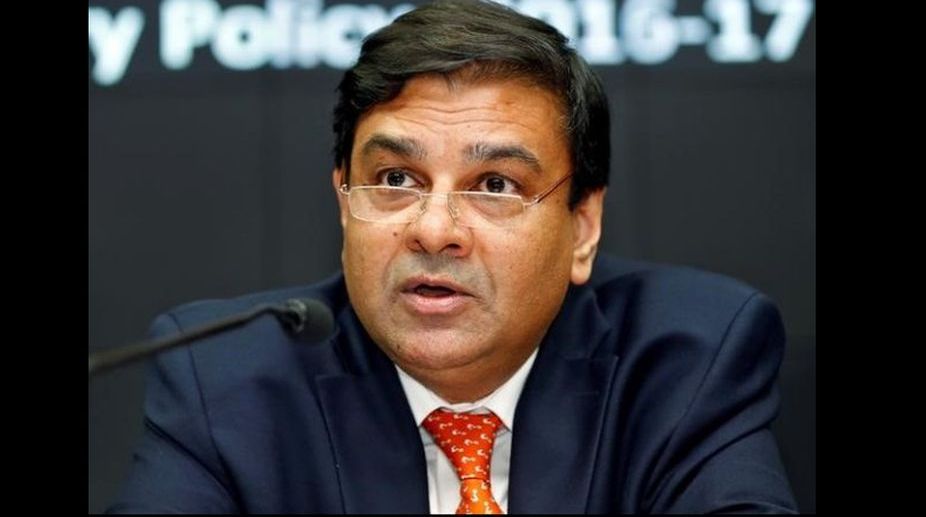Reserve Bank of India (RBI) Governor Urjit Patel, who is to appear before the Parliaments standing committee on finance on Wednesday, will face several questions from the members on demonetisation, the most pertinent being if the central bank's autonomy has been compromised.
According to one of the members of the committee, besides the RBI Governor, Finance Ministry officials will also be present at the meeting.
Advertisement
The chairperson of the Standing Committee on Finance is M. Veerappa Moily.
Prime Minister Narendra Modi on November 8 had announced banning Rs 500 and Rs 1,000 currency notes.
The government "advised" the the central government on November 7 to demonetise the higher currencies and the RBI's board recommended it on the same day the Prime Minister announced it.
"The RBI governor will be asked every question pertaining to demonetisation, including autonomy of the central bank," one of the panel members told IANS.
Among the other major concerns of the committee include whether the decision to demonetise higher currencies was legal, and whether cashless economy was feasible in a country like India where more than 90 per cent transactions are done in cash.
The other questions include if the banking system in the country was well equipped to carry out the government's demonetisation policy.











